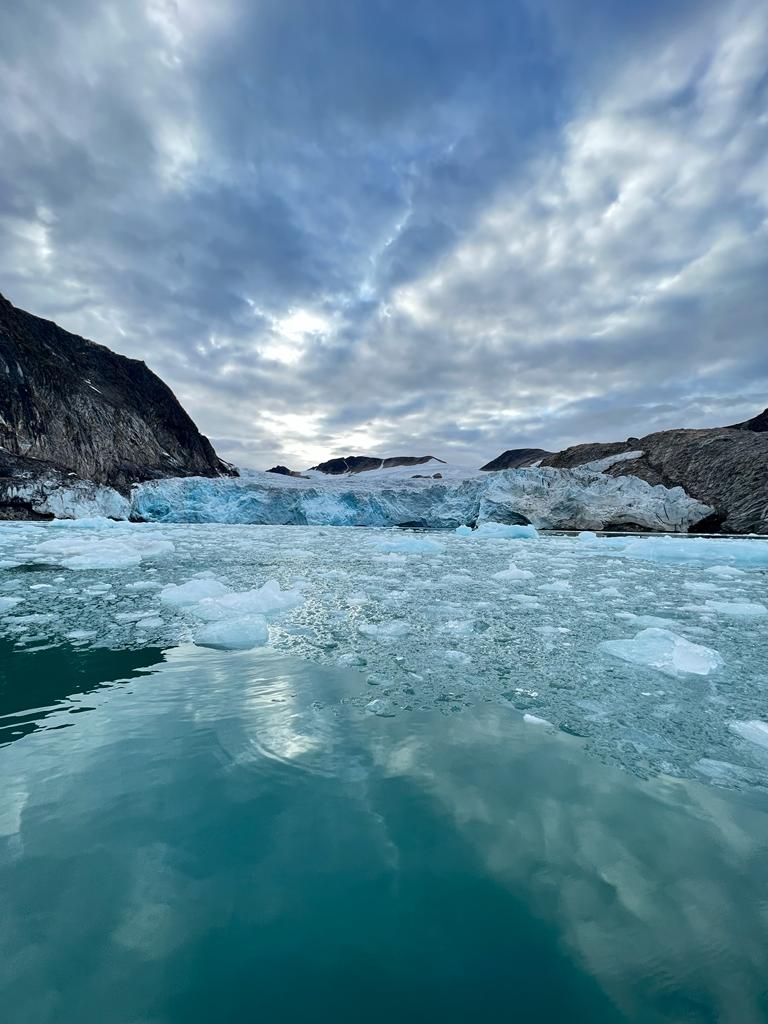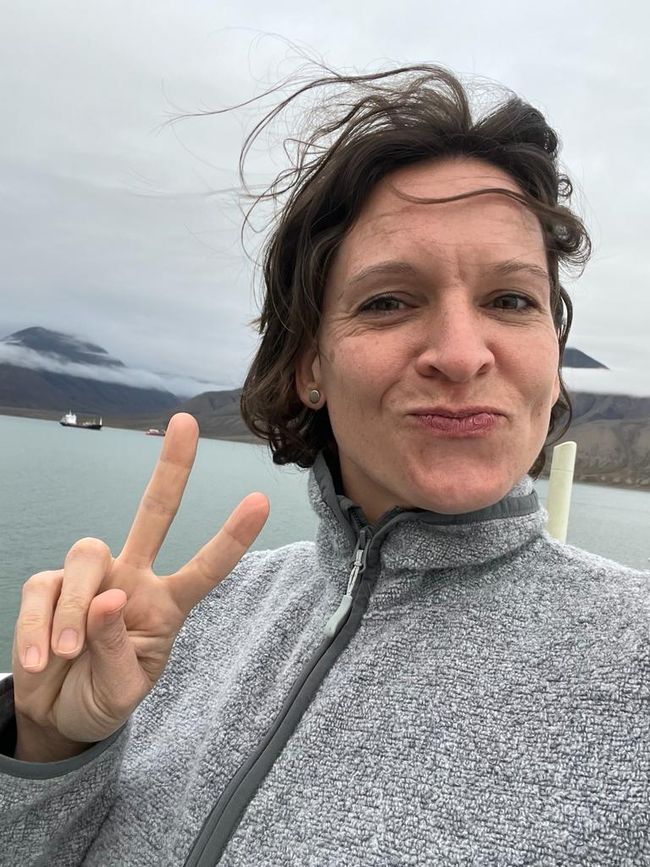The most isolated city in the world - Perth
نشرت: 21.11.2023
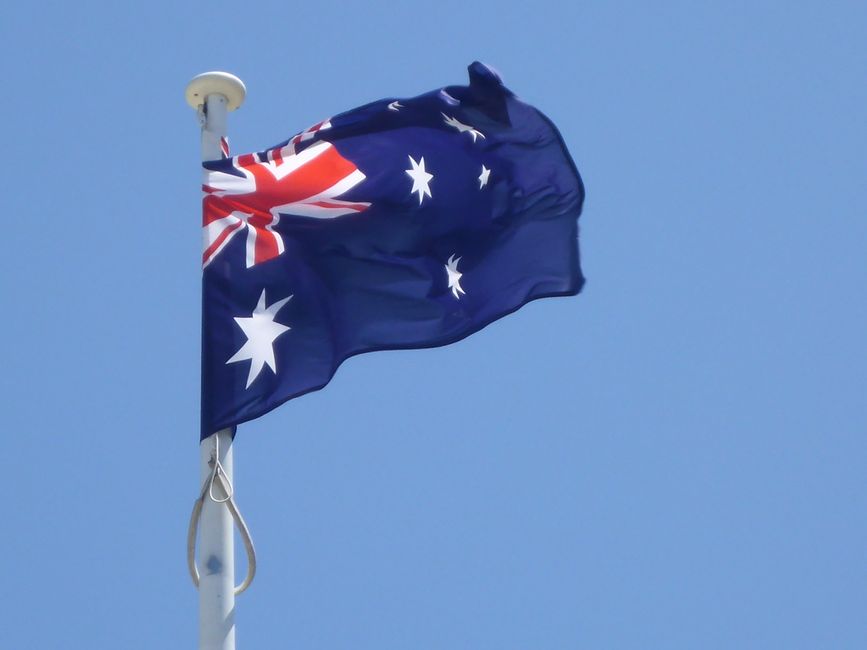
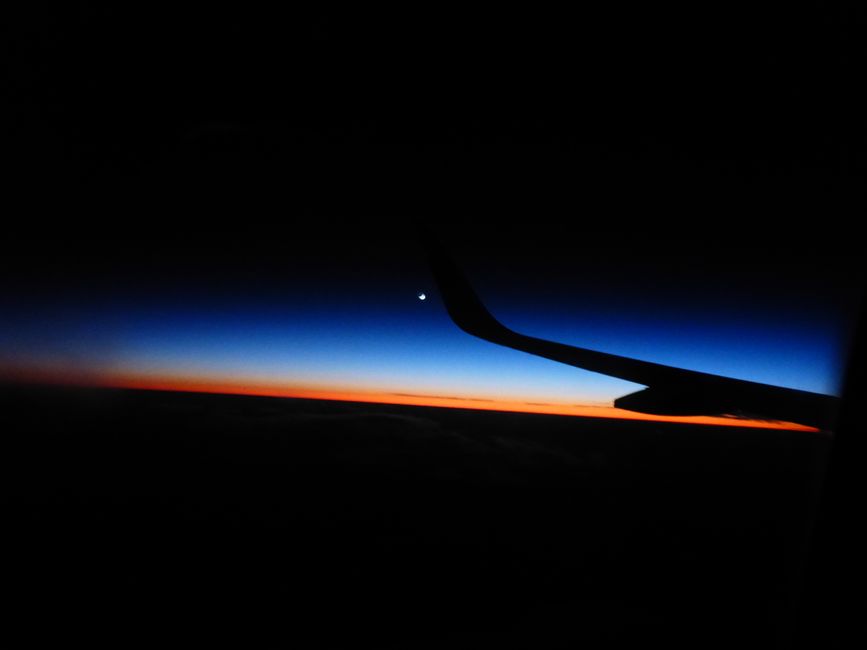
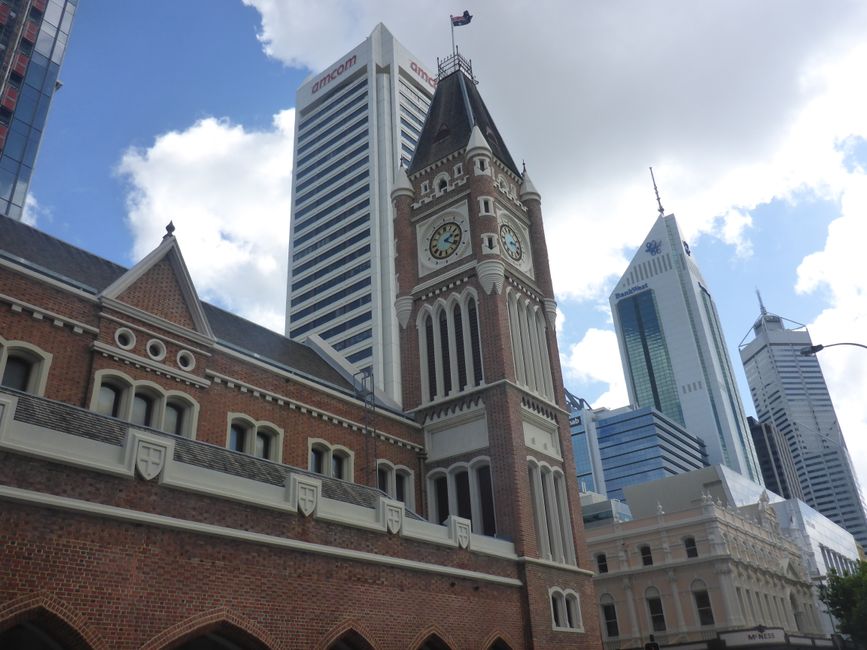
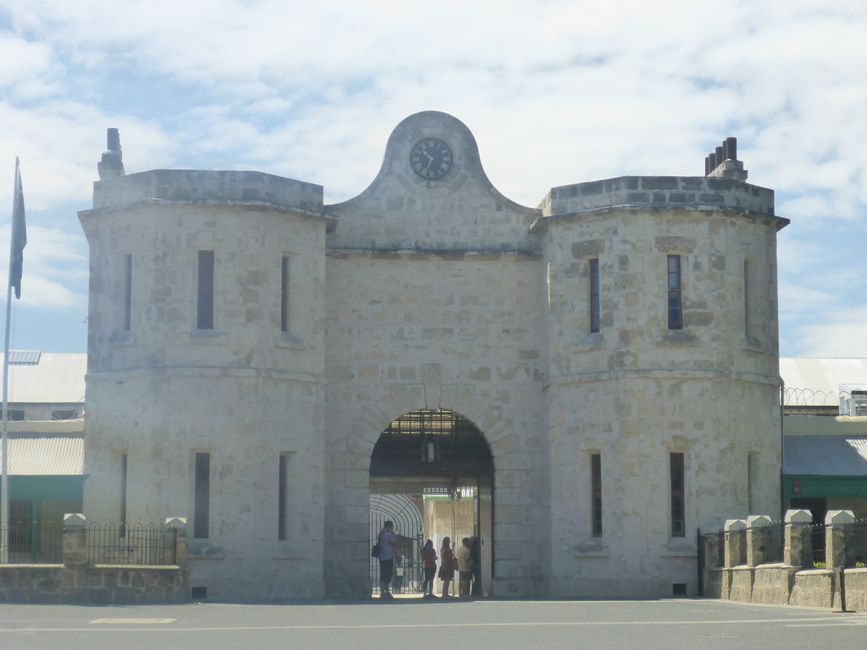
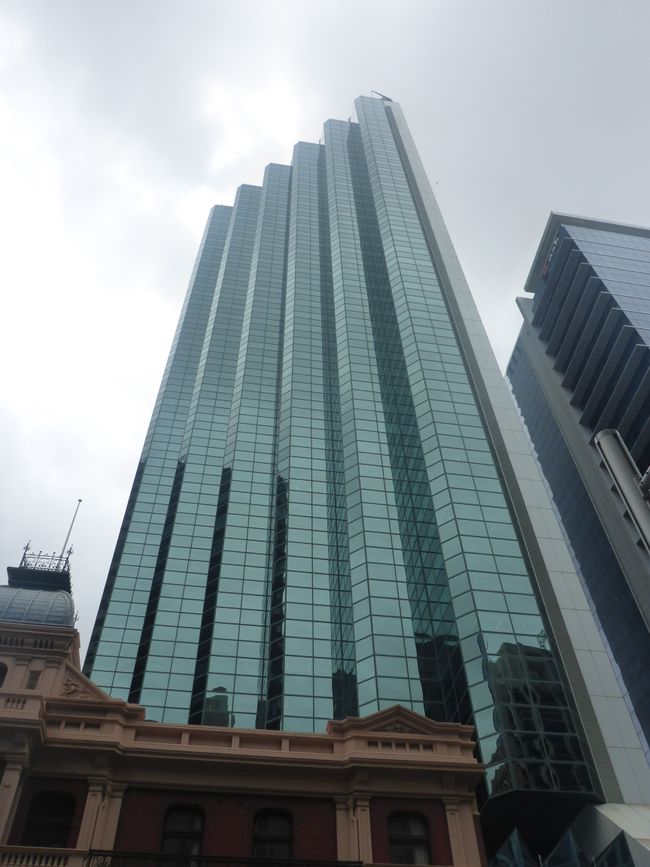
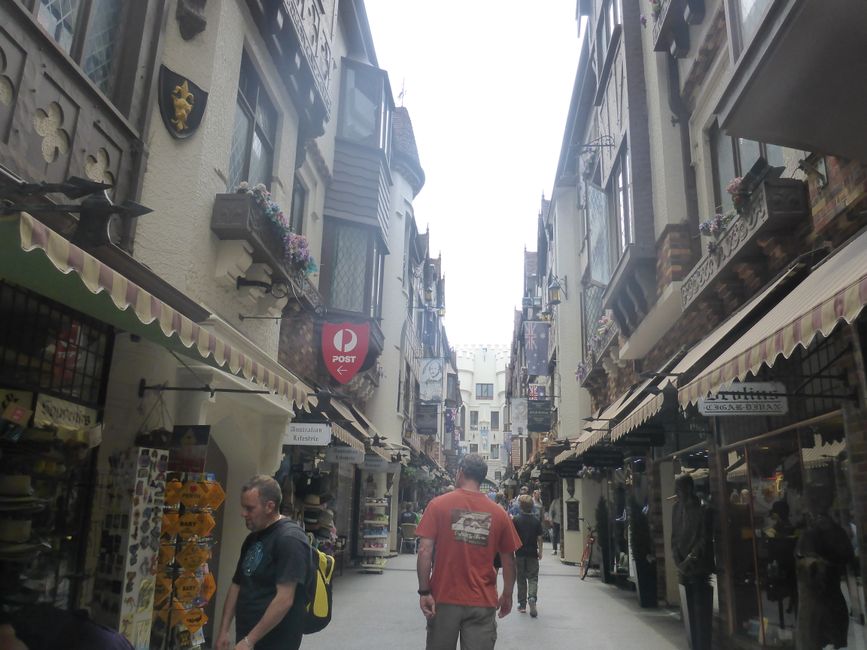
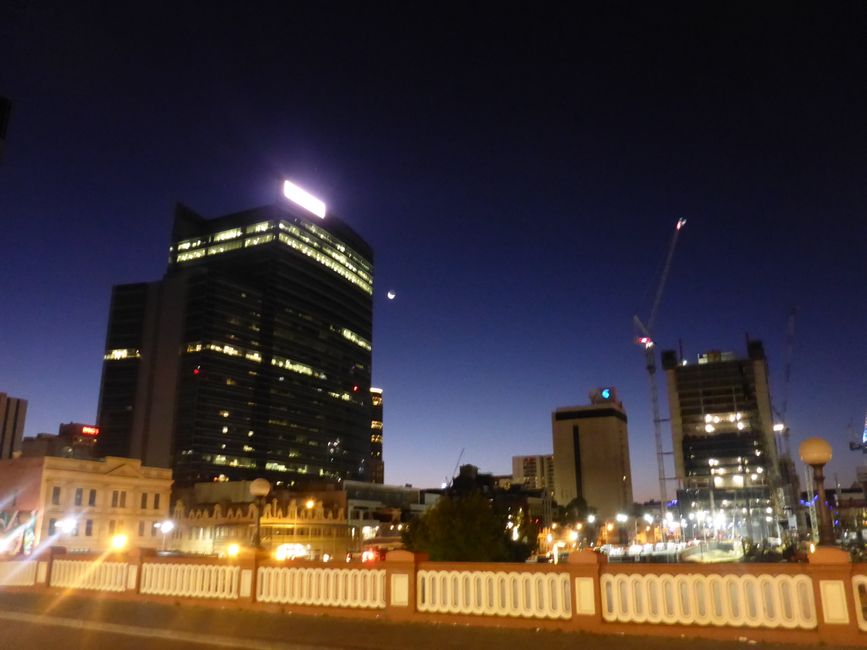
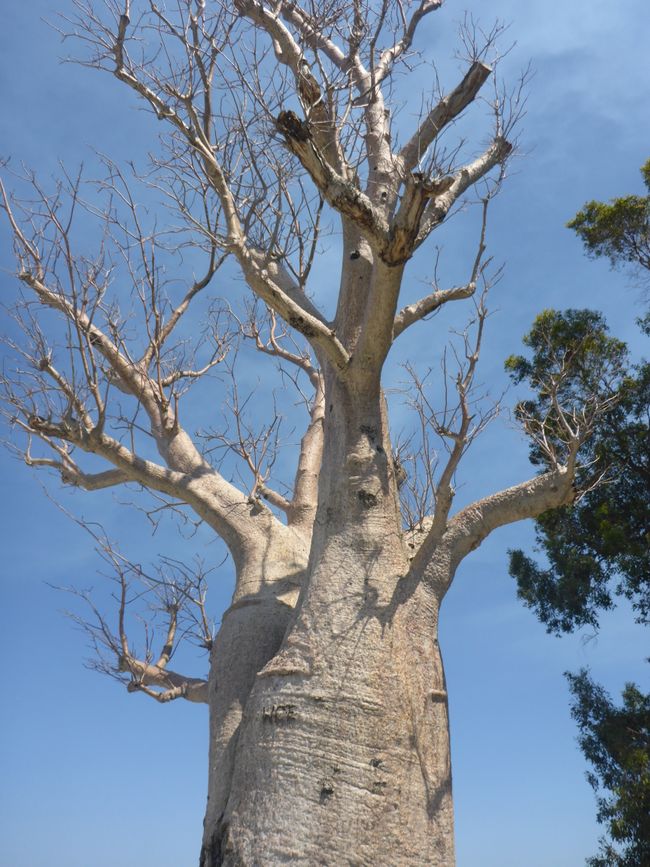
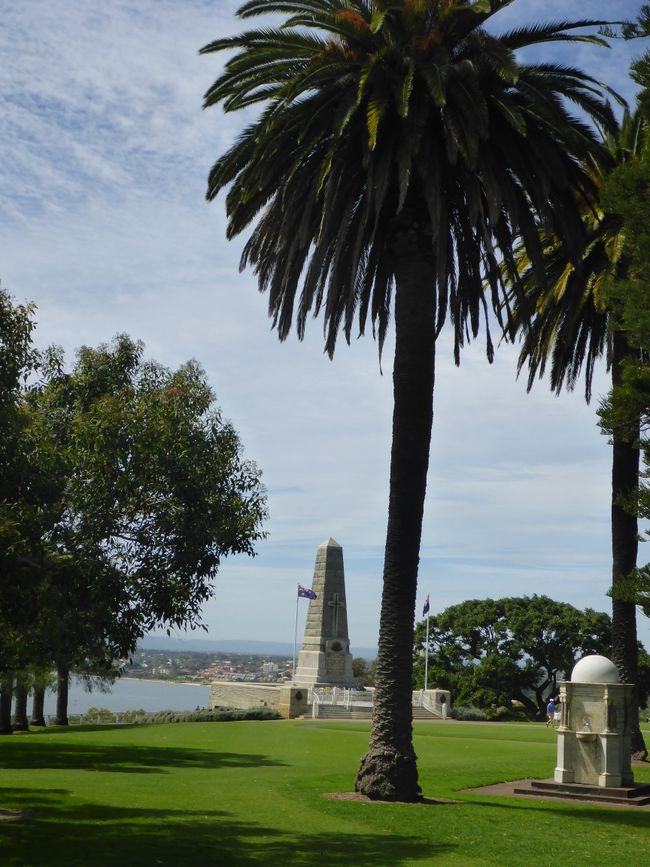
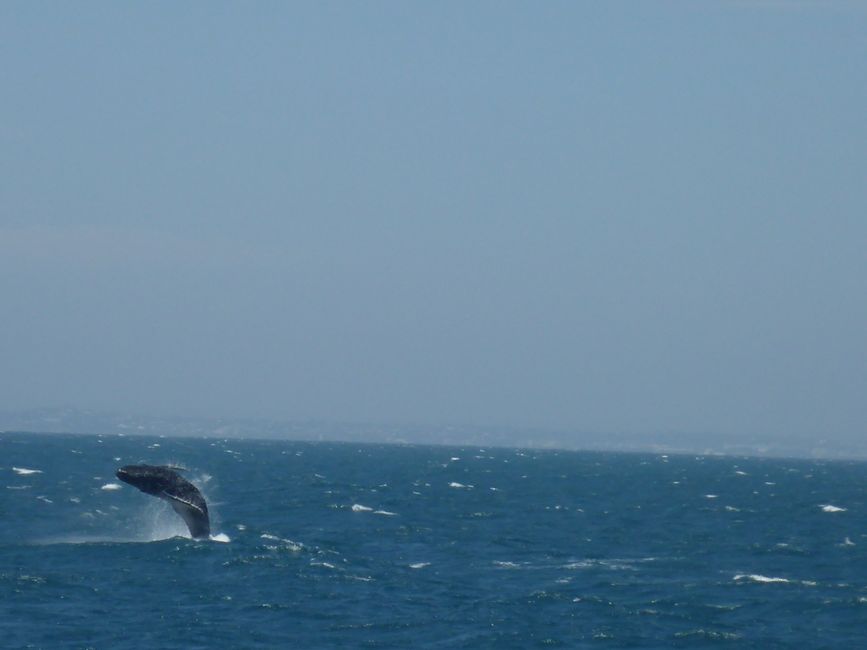
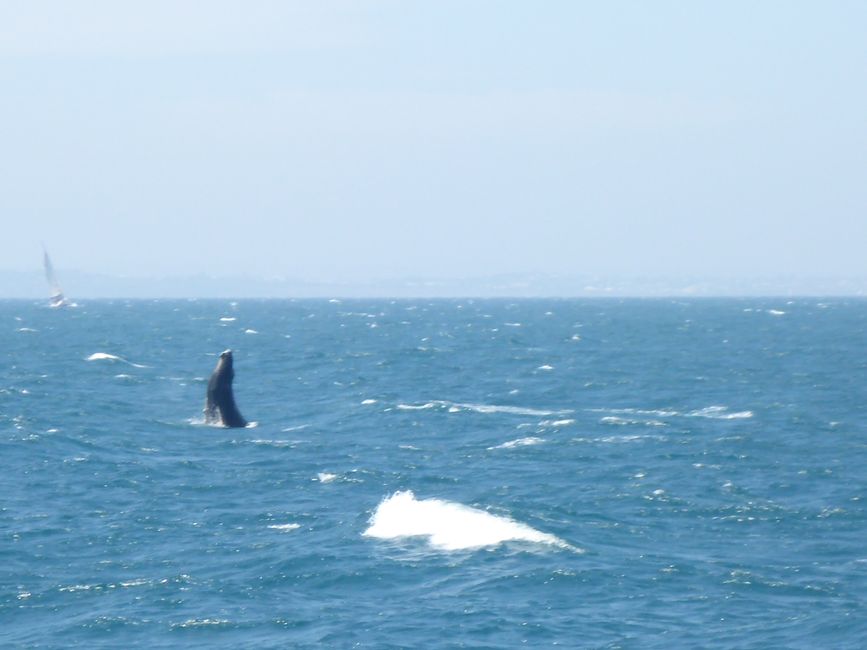
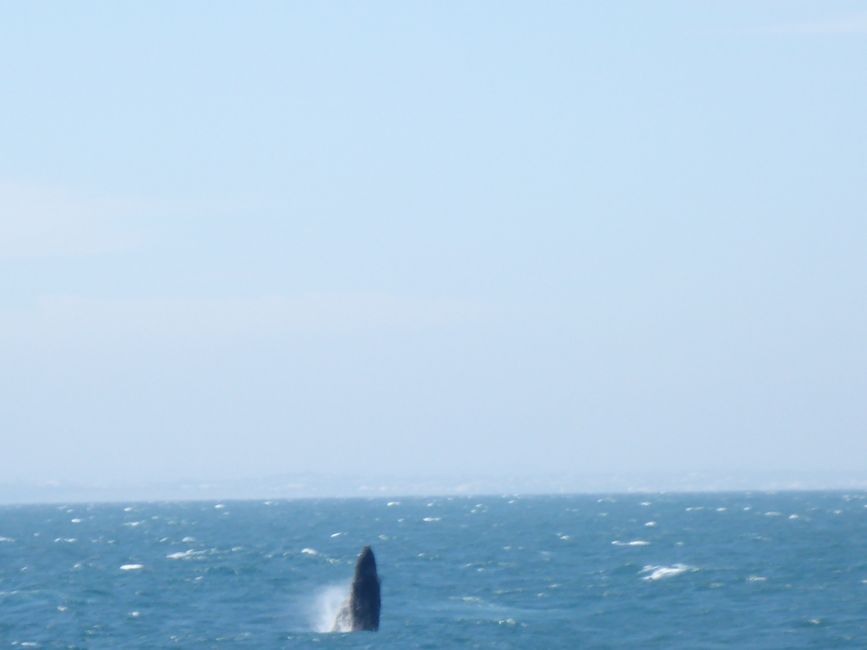

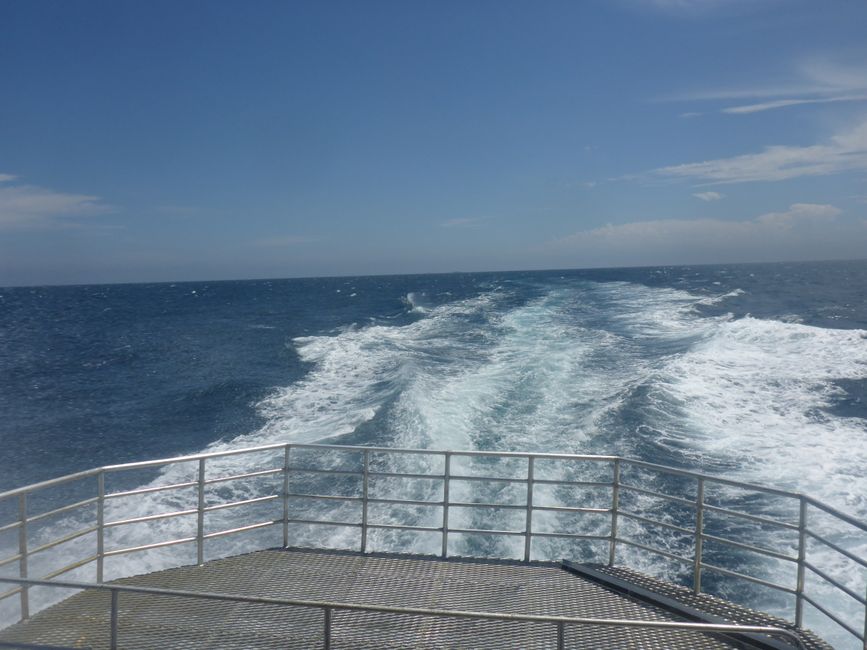
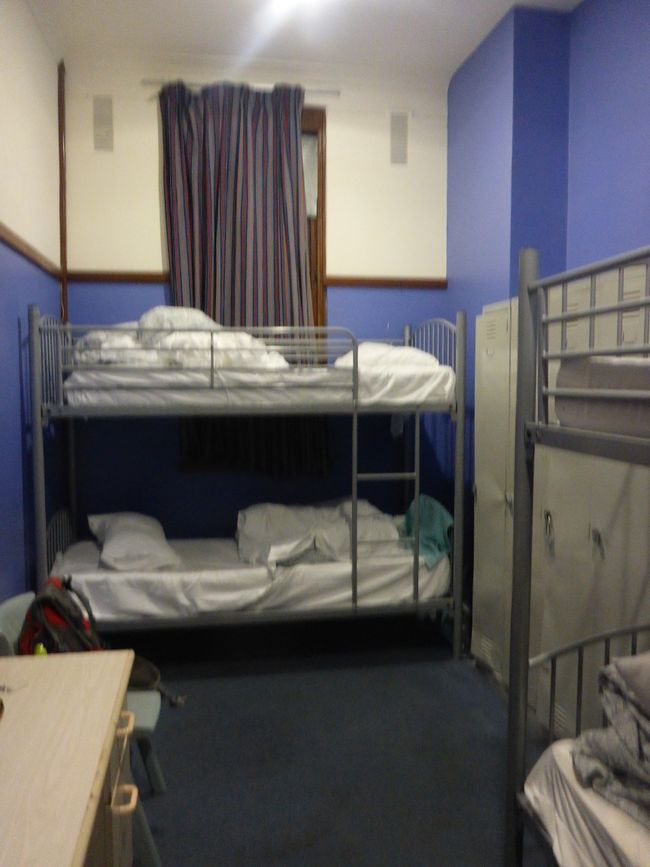
So here I am, down under! So far so good...
My inner urge to explore everything around me is also present in Australia and I head towards the tourist information center first. In addition to Perth, the most important thing is to organize the travel route for the remaining weeks in Australia. As it turns out, my idea of "meet nice people and rent a campervan and set off in complete freedom" isn't entirely realistic. The rainy season in the north, which results in some road closures and the very, very young and mainly German-speaking people (at this point I would like to mention very briefly that I can't stand Germans on vacation! Not explicitly, but so far I hardly have met some nice Germans, the nagging factor is simply too high and the interest in adaptation is too low!) thwarts my plans. So I will forego independence and would rather rely on the all-round, worry-free package and hope to meet funny non-Germans and older people like me. Nevertheless, the party aspect should not be neglected. You see, I'm an easy-to-please traveler! ;O)
Perth is the most isolated city in the world. The nearest big cities are thousands of kilometers away. I don't notice it straight away, but given that Perth has over 2 million inhabitants and is growing diligently, I find the city itself to be very manageable. Or is that the direct comparison with Singapore? No, there is exactly one museum (I went there, but that was mainly because of the free entry, but I didn't regret it either) and the city center looks more like a medium-sized city than a city of millions due to the British influence of days gone by, despite a few high-rises in the CBD. Only the facades from the 19th century are preserved and the new houses are placed behind them.
The oldest houses in Perth are proudly told of 1836. How sweet! We know different years from Europe. When the Europeans, first the Dutch and later the British, discovered the west coast of Australia and founded the first colony in 1829, it was already so late in history. The first settlements were built mainly with British prisoners. Despite enough water (Swanlake, a fairly large lake landscape, the black swan also finds its place in the coat of arms of Western Australia), growing agriculture was not so easy at first. The natives kindly helped out and showed where the best soil was. As a thank you, the white man gradually drove the Aborigines out of his lands, which is pretty much the worst thing for a primitive people, and seized the natural resources (19th century gold rush).
Of course, the natives had to be subjugated and had to adapt to western life. Proven means were imprisonment, enslavement, murder and, at the beginning of the last century, the kidnapping of infants so that they could be raised by white families. The “lost generation” doesn’t know where they come from or who their families are.
In the meantime, people have recognized what they have done to the indigenous peoples and tried to counteract it with appropriate Regret holidays and financial help. It doesn't seem easy. Apparently not all Aborigines have found their place in society yet. Or maybe you won't let them. Difficult, because history cannot be turned back, the settlement is there, but to what extent can you force them to live a western life?
20% of Aborigines are now unemployed, but enjoy free social security and other support, which seems to be quite a bit. This in turn draws the ire of some in society who work hard for their money and have no sympathy for people of different colors loitering and drinking.
In addition to the racism problem, I was also told about another one. Australia is still a country that benefits greatly from natural resources, especially coal and ores. New mining areas are being developed and/or power plants are being built, often in naturally beautiful areas such as the Great Barrier Reef. The until recently more restrictive tax policy has been relaxed again for large corporations, taxes are hardly paid anymore, and there is no incentive to phase out fossil energy production. The government is trying massively to positively influence public opinion in favor of fracking, even though it has been proven that this method poses a lasting threat to waterways.
How can it be that a western country, which does not necessarily have many other serious problems, so consistently ignores the discussion about the environment that exists everywhere else? What's the point if only some people in the world participate and the others don't take nature into account? Also a bit of a short-term idea, since tourism, which certainly makes up a not insignificant part of the GDP here, depends largely on nature...
So much for the negative. Here are a few more photos that report positive things. My highlight was the whale watching tour, where we met a mother and a calf. The calf obviously felt comfortable and entertained us with various jumps.
I also particularly like the sky in Perth. There are always spectacular cloud and color constellations.
The weather is very changeable, which is because it is still spring. Although significantly warmer than our spring, it was still very windy and not very consistent, just like April. In addition to the new spring fashion, the Christmas decorations will be put up in the pedestrian zone at the same time. Strange feeling. I'm looking forward to Christmas at 30 degrees...
إجابة
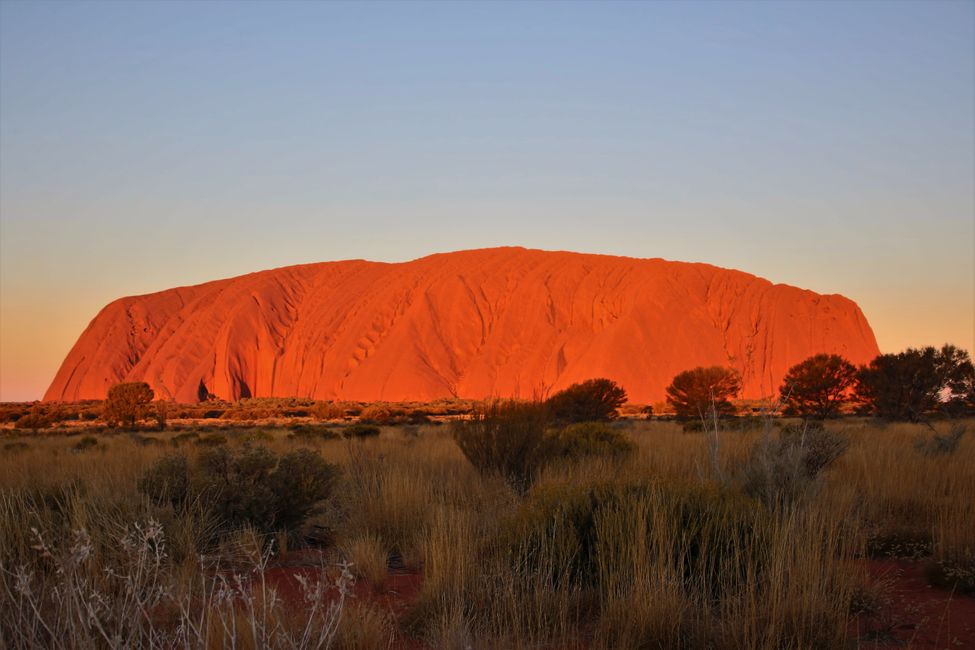
تقارير السفر أستراليا
